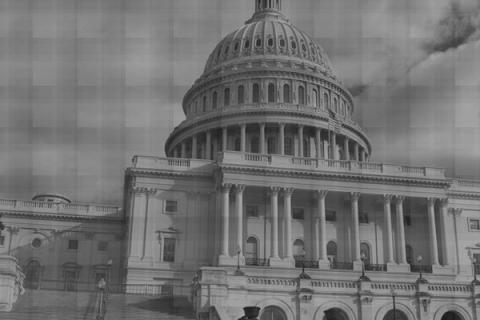Most everyone is agreed. The Alternative Minimum Tax (AMT) is like a zombie or a vampire that refuses to die. It is unfair, almost indecipherably complicated, increasingly targets the middle class rather than just the ultra-wealthy, and to make things even worse, the rules change every year making it impossible to plan for. So, if everyone hates it, including Obama's Deficit Commission who says the AMT should be abolished, why don't they just put a stake through its heart?
The AMT was originally targeted at just 155 high-income earners when its predecessor passed in 1969. Since then, it has steadily been applied to more and more taxpayers, and generated $22 billion in revenue for the government in 2008. And that, as you no doubt have figured out, is the reason that AMT lives. The government doesn't want to give up the money. If it did, then new sources of revenue would have to be found, and that sounds suspiciously like it would entail new taxes or fees, something that would be seriously unpopular now.
So instead, the undead AMT lurches on. Originally dubbed the "millionaire's tax", it was aimed at preventing the wealthy from paying little or no tax. Above certain income brackets an AMT is calculated in addition to regular taxes with the taxpayer paying the highest amount. Many of the normal deductions are not allowable under AMT.
Sounds great, doesn't it? Soak the rich. They can afford it, especially after that juicy tax cut they're about to get, right? Maybe not, because their newly-lowered tax liabilities may mean AMT kicks into effect, cancelling out their tax savings. This is called the "take-back" effect, something that governments are skilled at.
But the truly noxious part about AMT is that it is not indexed to inflation, which means more and more people must pay it. More than half of AMT is paid by those earning between $150,000-200,000, which is well-off, but hardly qualifies as being a millionaire. In a state like California, where salaries can be high but the cost of living is too, AMT increasingly bites into the middle class, costing them more in taxes. $150,000 a year would probably be spectacular pay for a family of four in Ukiah but in San Jose it's mostly just getting by.
Since AMT is demonstrably unfair and not indexed to inflation, Congress tweaks the exemption level each year, often waiting until near April 15 to do it. This means taxpayers can't plan how much they owe in advance, another argument as to why it should be abolished.
"The right thing to do is to eliminate the AMT. The AMT is an admission that the tax system is unsound to begin with. If it weren't, we wouldn't need the AMT," says tax litigation consultant Daniel Pilla, and it's difficult to disagree with him.

